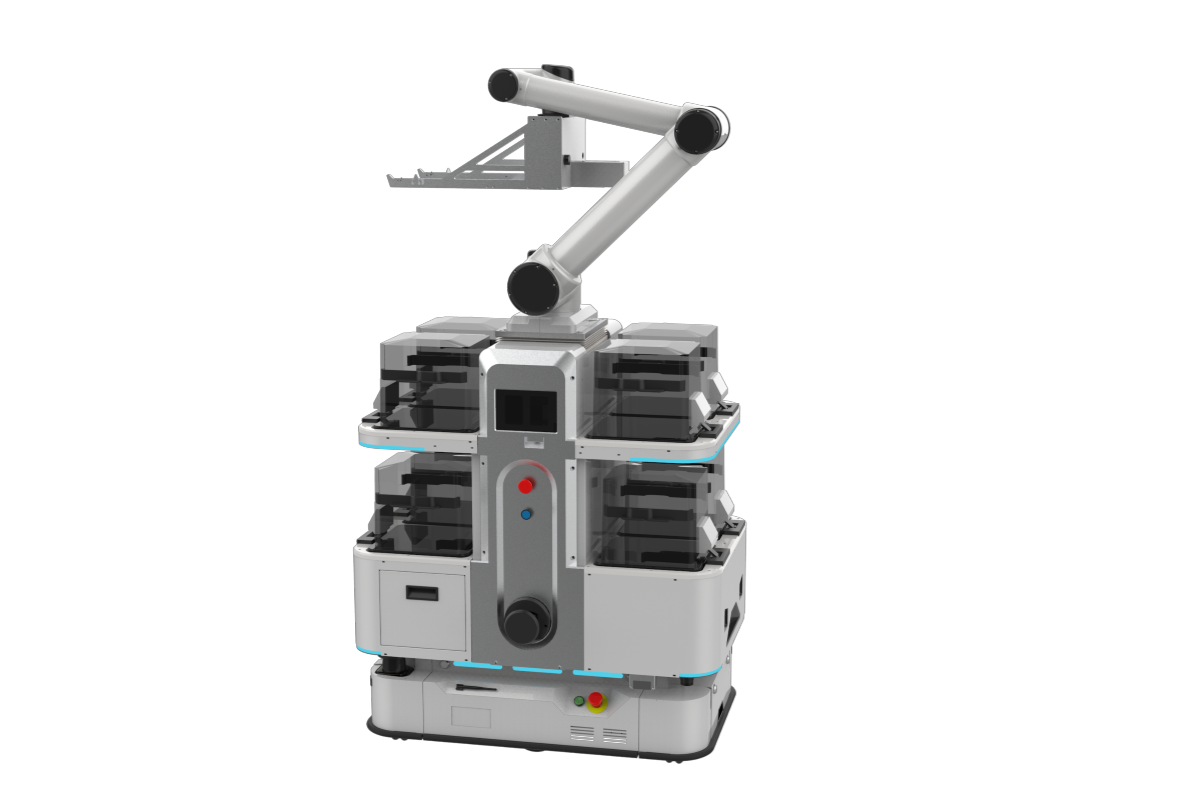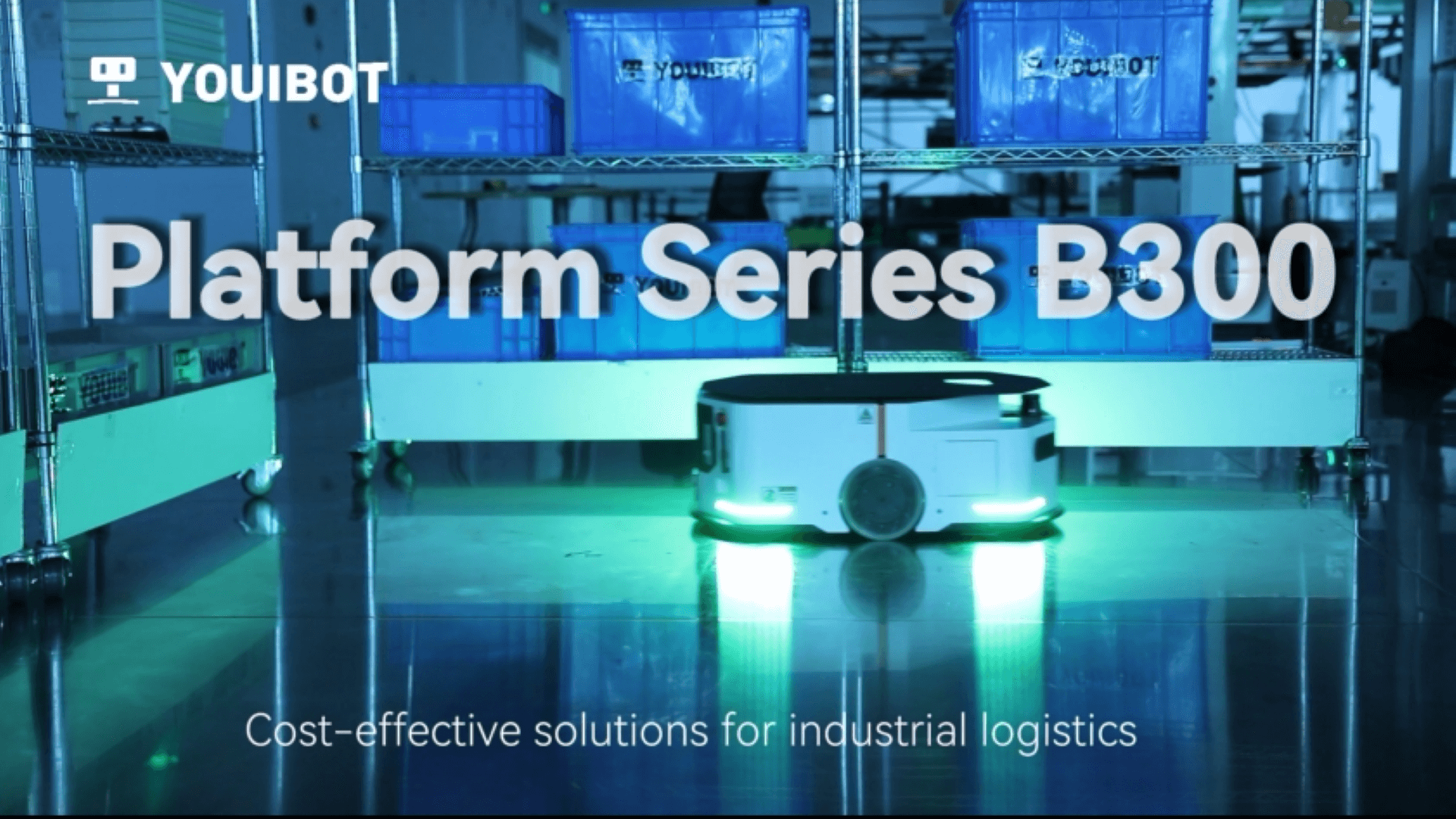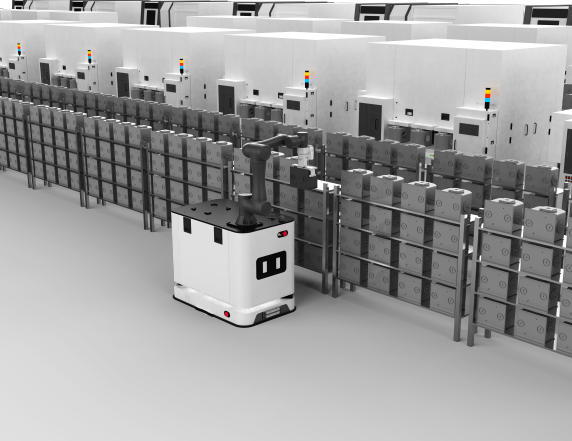
In today’s fast-paced world, the field of logistics has undergone a significant transformation with the introduction of robot technology. These advanced machines have revolutionized the way goods are transported and managed, making processes more efficient and cost-effective.
The Rise of Robot Logistics

robot logistics refers to the use of autonomous robots in various stages of supply chain management, including warehousing, order fulfillment, and delivery. By utilizing artificial intelligence and machine learning algorithms, these robots can navigate complex environments, pick up items accurately, and transport them swiftly.
Youibot: A Pioneer in Robot Logistics
One notable player in the realm of robot logistics is Youibot. This innovative company specializes in developing intelligent mobile robots that excel in warehouse automation. Their state-of-the-art machines are equipped with cutting-edge sensors and software systems that enable seamless integration into existing logistical operations.
Youibot’s robots possess exceptional adaptability when it comes to handling diverse tasks within a warehouse setting. They can efficiently move heavy loads from one location to another while avoiding obstacles along their path. With their precise navigation capabilities, these robots optimize workflow efficiency by reducing human errors and minimizing downtime.
The Advantages of Logistics Robots
logistics robots offer numerous advantages over traditional manual labor methods. Firstly, they significantly enhance productivity by working tirelessly around the clock without requiring breaks or rest periods. This uninterrupted operation ensures faster order processing times and improved customer satisfaction.
In addition to increased speed and efficiency, robotics also contribute to workplace safety by reducing physical strain on human workers who would otherwise be responsible for lifting heavy objects repeatedly throughout their shifts. By automating repetitive tasks such as item retrieval or pallet stacking, companies can minimize employee injuries caused by strain or accidents.
Furthermore, logistics robots are highly adaptable and can be easily reprogrammed to accommodate changes in demand or inventory. This flexibility allows businesses to scale their operations efficiently without the need for extensive training or hiring additional staff.
In Conclusion
The integration of robot technology into logistics has revolutionized the industry by streamlining processes, increasing efficiency, and improving overall productivity. Companies like Youibot have played a pivotal role in this transformation by developing advanced robots that excel in warehouse automation. As we continue to embrace technological advancements, it is clear that robot logistics will continue to shape the future of supply chain management.

